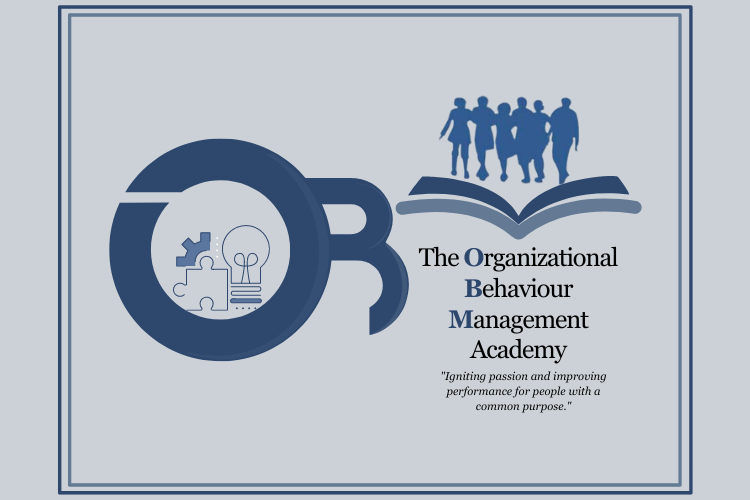In today’s data-driven world, understanding human behaviour is crucial for businesses striving to improve performance, customer satisfaction, and overall success. Behavioural science and Performance Management, which examines the actions and interactions of individuals, provide valuable insights that can be measured and analyzed to inform business decisions. In this blog post, we’ll explore the role of measurement in Behavioural Science and Performance Management and how it supports business intelligence, enabling companies to thrive in competitive markets.
Business intelligence (BI) involves using data analysis to inform strategic decision-making. Measurement in Behavioral Science and Performance Management supports BI by providing actionable insights about a wide range of behaviours and performance. Examples include customer behaviour, employee performance, and market trends.
The Importance of Measurement in Behavioural Science and Performance Management
Measurement in Behavioural Science and Performance Management involves quantifying behaviours, attitudes, and psychological processes to better understand human actions. Accurate and reliable measurements are essential for identifying patterns of behaviour and performance that help businesses predict future actions and make informed decisions. Measuring also relates to the impact of various interventions or strategies, allowing companies to assess their effectiveness and make necessary adjustments. Precise measurements enhance the validity and reliability of behavioural insights, leading to more accurate predictions and recommendations.
Essential Measurement Techniques in Behavioral Science and Performance Management
Various methodologies are utilized to assess behaviour in scientific investigations and practical scenarios, primarily through direct and indirect measurements. Direct measurements involve the real-time assessment of behaviour and performance, while indirect measurements, including checklists, questionnaires, interviews, and rating scales, are conducted post-behaviour or performance to assess outcomes. Standard measurement techniques encompass surveys and questionnaires, which collect self-reported data on attitudes, preferences, and behaviours to reach a broad audience with limited resources.
Observational studies involve directly observing and recording behaviours in natural or controlled settings, yielding contextual details as the behaviour unfolds. Experiments are employed to test hypotheses about behavioural causes and effects by precisely manipulating variables. Additionally, extensive data analysis is utilized to discern patterns and correlations concerning behaviours or performance within a system or organization.
Observational studies involve directly observing and recording behaviours in natural or controlled settings, yielding contextual details as the behaviour unfolds. Experiments are employed to test hypotheses about behavioural causes and effects by precisely manipulating variables. Additionally, extensive data analysis is utilized to discern patterns and correlations concerning behaviours or performance within a system or organization.
How Measurement in Behavioral Science and Performance Management Supports Business Intelligence
Business intelligence (BI) involves using data analysis to inform strategic decision-making. Measurement in Behavioral Science and Performance Management supports BI by providing actionable insights about a wide range of behaviours and performance. Examples include customer behaviour, employee performance, and market trends.
1. Understanding Customers: Businesses can group customers based on their behaviours and preferences to create personalized marketing. Surveys and feedback help improve customer satisfaction. Businesses can also predict customer behaviours, such as buying habits and the potential to switch to a competitor.
2. Employee Performance: Businesses can measure performance by tracking productivity and engagement. Assessing the impact of training programs helps refine employee development. Surveys and observations can gauge workplace culture and morale.
3. Market Trends: Analyzing customer behaviour, studying the competition, and identifying market needs can guide product development and business strategy.
Measurement in Behavioral Science and Performance Management is an indispensable tool for bolstering Business Intelligence. Through the meticulous quantification and analysis of human behaviour, businesses can unearth profound insights into customer preferences, employee performance, and market trends, among other things. These invaluable insights drive informed decision-making, empowering companies to optimize strategies, enhance outcomes, and maintain a competitive edge in an ever-evolving landscape. As businesses increasingly pivot towards data-driven methodologies, incorporating the tools of Behavioural Science and Performance Management into Business Intelligence is paramount for realizing enduring success.
